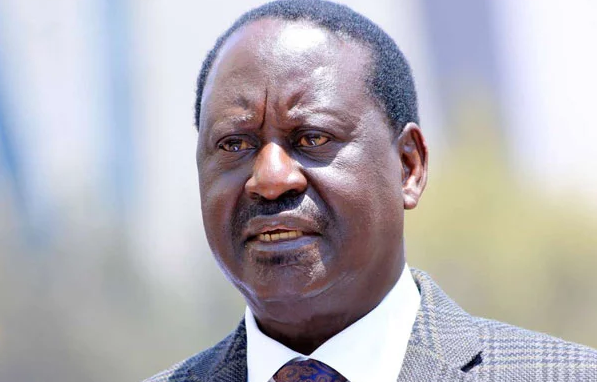×
The Standard e-Paper
Kenya’s Boldest Voice

Although he is second in command in the country, Deputy President William Ruto has not played a discernible role in managing the unfolding crisis resulting from the taxation measures contained in the Finance Bill 2018.
In the circumstances, the burden of navigating the bill through a surprisingly disruptive National Assembly has been carried by President Uhuru Kenyatta, without the support of his deputy.